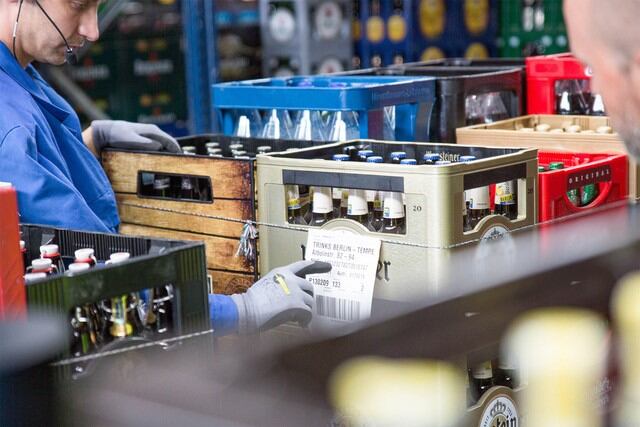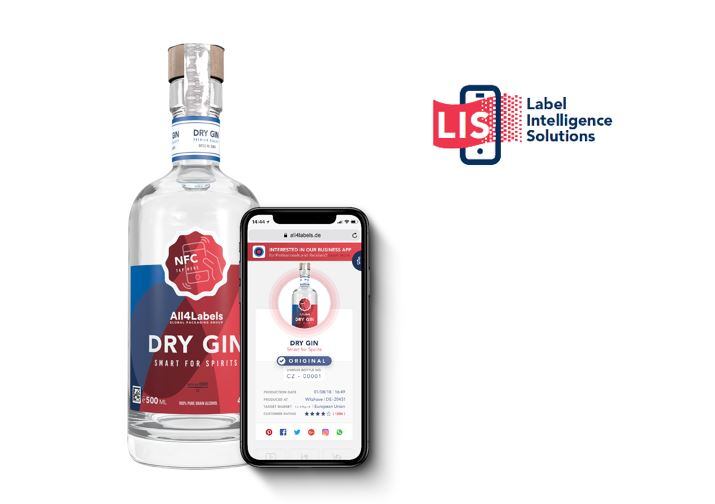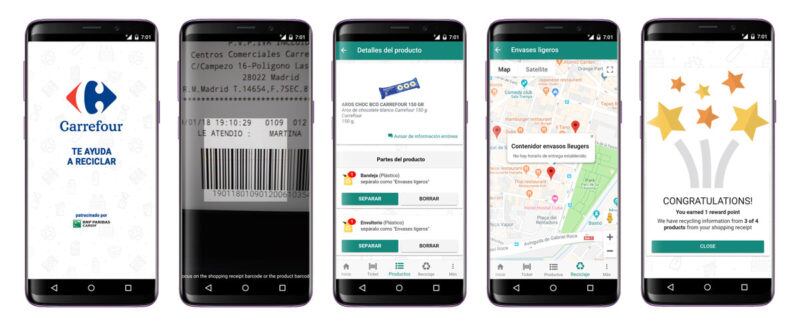It has installed 60 Printronix Auto ID industrial printers across 17 warehouses with T5000 and T8000 models to print labels 24 hours a day, six days a week controlled centrally via its server in Goslar.
Cost pressures
At each of the locations, the thermal printers are connected via WLAN and Ethernet interfaces to the IT infrastructure and warehouse management system (WMS).
The printers are primarily located in the goods out sections, to automatically print out labels for around 2,250 deliveries a day.
“The industrial printers from Printronix Auto ID are real workhorses. In terms of productivity and robustness, they are suited perfectly to the fast but occasional rough handling of our pickers,” said Karl-Heinz Möcker, head, Information Systems, Trinks.
“The mechanics prove to be resilient in our extremely harsh warehouse environments. These are important prerequisites for us as we strive to meet both the quality and prompt deliveries our customers demand.

“With such high numbers, the label printing must be quick, completely reliable, and able to operate virtually autonomously.”
Like many of its industry peers, Trinks is having to balance increasing cost pressures while trying to fulfil ever increasing demands in terms of process quality.
Products ranges are increasing too with Trinks having to accommodate new and different customised bottles and crate designs from different manufacturers.
Pepsi, Red Bull
It wholesales some 17,000 beverages, including beer brands like Erdinger and Krombacher, mineral waters such as San Pellegrino and soft drinks like Pepsi and Red Bull.
It also supplies some 4,000 articles through partners to hotels and restaurants. At the largest facility in Großbeeren near Berlin, around 90,000 crates of drinks are picked and delivered everyday.
The migration was considered vital at Trinks, which employs 1,500 staff and has a total warehousing space of around 700,000m2 because of the old model’s susceptibility to failure, causing outages in the warehouses and, at times, brought operations to a standstill.
Trinks warehouses are quite hostile environments in that they are prone to hot and cold temperatures and airborne dust and tyre abrasion. The old printers had to have special boxes constructed to protect them.
Much of the picking is voice-directed where the picker receives step-by-step commands for the various ordered goods. He or she then drives to the different goods storage areas by forklift truck and collects the ordered items on pallets. While this is happening, the labels are created by direct thermal printing and separated by the cutter.
They are then available for collection in a bin attached to the printer. The picker jumps off the forklift, retrieves the label and affixes it to the pallet.
The barcode is printed twice on the label and stuck to the strapping band in the form of a loop so that the barcode can be scanned from either the front or reverse of the label.
“Our beverage crates are stored outdoors on pallets before being transported. The double printing on the labels allows the vehicle driver to scan them as quickly as possible,” said Christian Kramer, Trinks Information Systems Department.
“Overall we were able to significantly reduce the susceptibility to faults of the label printing to a tenth of what we had previously.”
P.U.R. Print Systeme
With support from its service partner, P.U.R. Print Systeme, the Printronix Auto ID printers were easily installed and put quickly into operation via plug and play.
“P.U.R. is an important partner for us in correcting technical problems as quickly as possible, and ensuring continuous, smooth operation in our warehouses,” added Kramer.
Trinks has now expanded and added two Printronix Auto ID small T2N industrial printers at its head office in Goslar.




